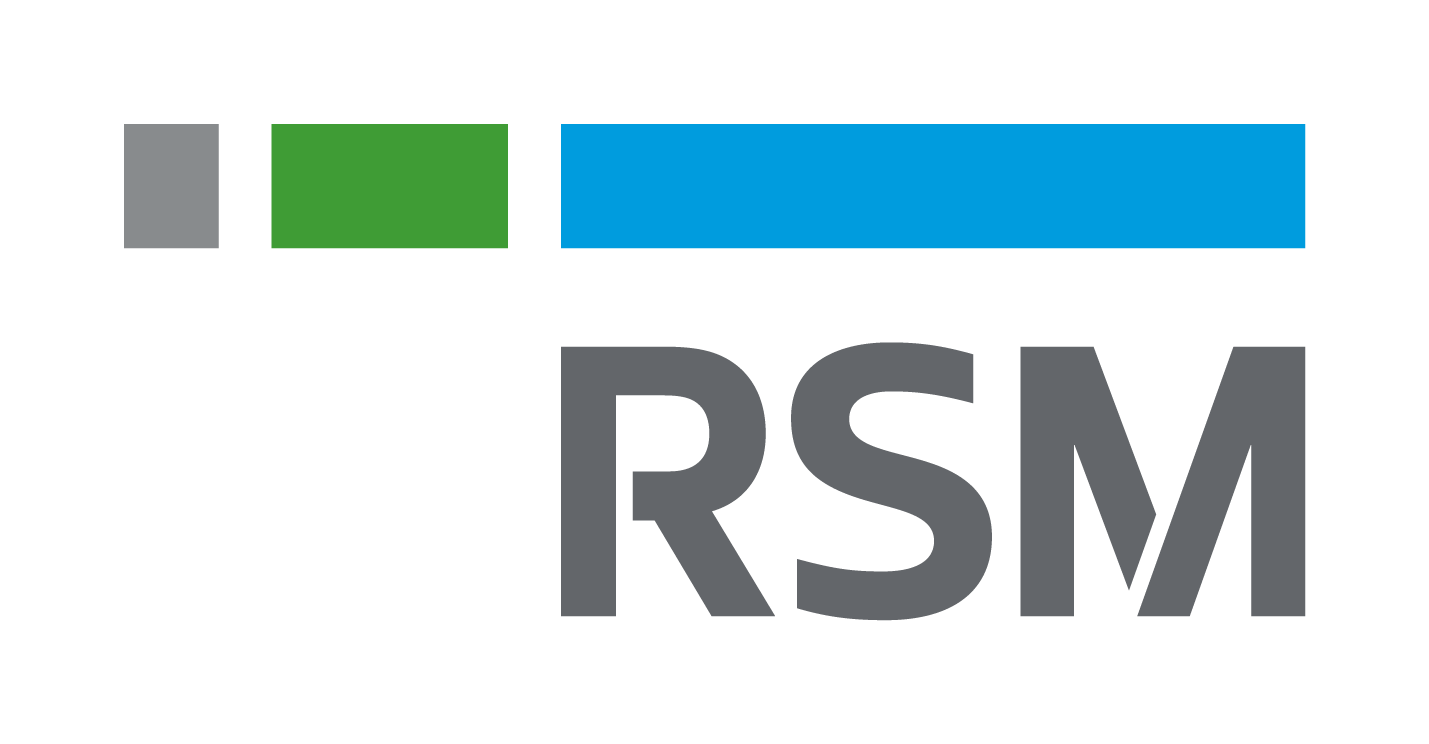
Company Establishment Services in Japan
It is important to understand all the different options for company formation in Japan. There are four options available for company formation which will be described in the article below. The 4 types are:
(1) Corporation (similar to a C Corporation in the U.S.)
(2) Branch office
(3) GK (limited liability company)
(4) Sole proprietorship (generally not recommended due to lack of personal liability coverage)
Pros and cons for each formation
(1) Corporation – KK (joint stock company)

This is the most common corporate form in Japan (about 80% of all companies), and its history and trust in the market and society are well established. Although it does come with a higher initial cost, most investors believe that the practical advantages outweigh the potential disadvantages.
The commitment and prestige of KK makes it easier to attract new vendors, customers, and talented employees, which is crucial to the success of the new company. The company has many ways to raise capital, including selling stock and issuing stock options, which will make it easy to scale up or expand without disrupting the existing corporate structure.
KK is considered a native legal entity, responsible for its own assets, liabilities, and disputes, and is completely and legally separate from its foreign parent company (if applicable). In addition, shareholders have the protection of limited liability and can protect their personal assets in the event of legal disputes.
(2) Branch Offices and Branches
A branch is considered an extension of the overseas parent company, and the parent company is legally responsible for liabilities and disputes arising from the branch’s transactions in Japan. When establishing a company as a branch, you may want to take notes on the following:
- No capital or management entity is required (only a representative in Japan), and the scope of business is generally the same as that of a corporation.
- A branch office is not considered an independent legal entity in Japan, so its administration and any changes to its articles of incorporation require permission and documentation from the head office.
- An official document proving the existence of the branch can be used to prove the credibility of the head office.
- A corporate bank account can be opened under the branch’s name. For example, a Japanese KK can open a bank account registered in the name of the branch and the name of its representative director in Japan.
- Capital tax in Japan is levied on the capital of the overseas headquarters.
- The foreign parent company is ultimately responsible for all claims, debts, and disputes arising in the Japan branch.
(3) Limited Liability Company – GK
A limited liability company (GK) has the same advantages as a KK, such as limited liability of shareholders and remittance of profits to the foreign parent company. It is easier and less costly to register than a KK and is more convenient for small businesses. Before deciding to register as a GK, be sure to consider how the following will affect your business goals:
- GK shareholders are legally responsible for up to the amount of their investment.
- You can share capital as partners rather than transferable shares.
- While GK doesn’t have a high initial cost, it is less credible than KK in Japan. If you want a long-term market presence and strong relationships with Japanese partners and vendors, it may be more practical to register as a KK.
- A limited liability company (G.K.) is similar to a limited liability company (LLC) in the U.S. However, the pass-through taxation system does not apply to LLCs in Japan. It is also important to understand that some tax incentives in other countries may not apply in Japan.
Incorporating services

(1) Company establishment and registration (KK, GK)
The incorporation process can be tedious and complicated for both foreign nationals and Japanese investors, but we eliminate costly delays with our professional experience and expertise.
(2) Registration and establishment of a branch or representative office
Unlike a joint stock company or a limited liability company, a branch office is not a Japanese corporation, but an overseas subsidiary of a foreign company. We provide comprehensive support from the preparation of an affidavit to the submission of a notification form for registration of a branch office.
(3) English-Japanese translation and notarization, Chinese-English translation and notarization
Incorporating in Japan requires documents to be submitted in Japanese. RSM Shiodome Partners provides translation services for notarization documents such as affidavits required by notary public offices and embassies.
(4) Corporate Investor Visa Application Service
Our immigration experts will make sure that all the requirements are met and that you get your visa approved as soon as possible.
(5) Operating services (accounting, recruitment, taxation, employee registration procedures, etc.)
After the company has been established, we also provide corporate support services such as accounting, recruitment, tax, human resources and labor relations.
(6) Business License Assistance
Our administrative scriveners will be able to provide support for business license applications.
(7) Amendment of Articles of Incorporation
There are times when it is necessary to amend the Articles of Incorporation. We will handle the procedures on your behalf so that you can focus on running your business with no time wasted.
Important procedures and schedules after starting your business
1. Initial tax filing (in order to qualify for tax incentives)
2. Bookkeeping and monthly closing (monthly)
3. Payment of withholding income tax (by the 10th of the month following the settlement of salaries and commissions)
4. Declaration of depreciable assets tax (from January 31)
5. Statutory declaration of withholding income tax (Jan. 31)
6. Corporate income tax return and payments (two months after the end of the fiscal year)
Payroll and Social Insurance
1. Initial enrollment in social insurance and labor insurance
2. Payroll calculation including social insurance enrollment and retirement procedures (monthly)
3. Social Insurance Annual Return (October to July)
4. Labor insurance annual return (July 10)
5. Individual income tax year-end adjustment (December 31)
6. Individual inhabitant tax annual procedure (Jan. 31)
Why choose RSM Shiodome Partners?
With the cooperation of experienced administrative scriveners and judicial scriveners, RSM Shiodome Partners supports multinational companies and foreign corporations from countries in Europe, the United States, Singapore, China, and other countries in establishing their Japanese subsidiaries and branches.
Advantages of using RSM Shiodome Partners:
1. Internal control
2. Can work flexibly in correlations with articles of incorporation, etc.
3. Can provide proper advice from the perspective of a tax and labor advisor
4. Work seamlessly with foreign parent companies
5. Able to provide support for related operations
Immigration: https://shiodome.co.jp/en/service/immigration/
Labor and Human Resources: https://shiodome.co.jp/en/service/payroll-social-insurance/
Accounting and taxation: https://shiodome.co.jp/en/service/accounting/
6. Support available in both English and Chinese
7. Provide a head office location or introduce a partner
Incorporation Services – Fee Structure
Regarding the fee structure for our Incorporation Services, we will provide a quotation either on a time charge basis or a fixed fee arrangement calculated from the estimated hours to be spent on the expected scope of work. Depending on the matters to be consulted, there may be cases where it would be difficult to apply the fixed fee arrangement. Nevertheless, RSM Shiodome Partners takes on the mission to provide excellent cost-effective services within the budget of the client. Please feel free to contact our consultants for the details of our fee structure.












